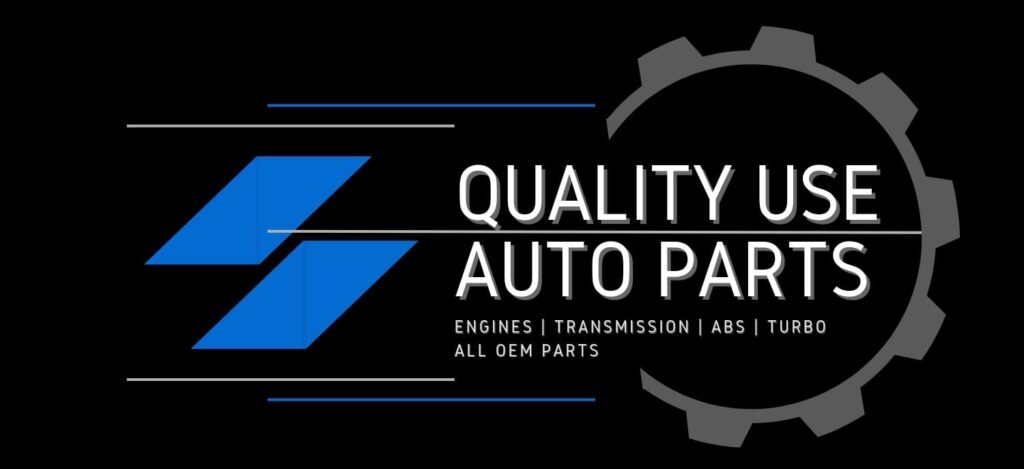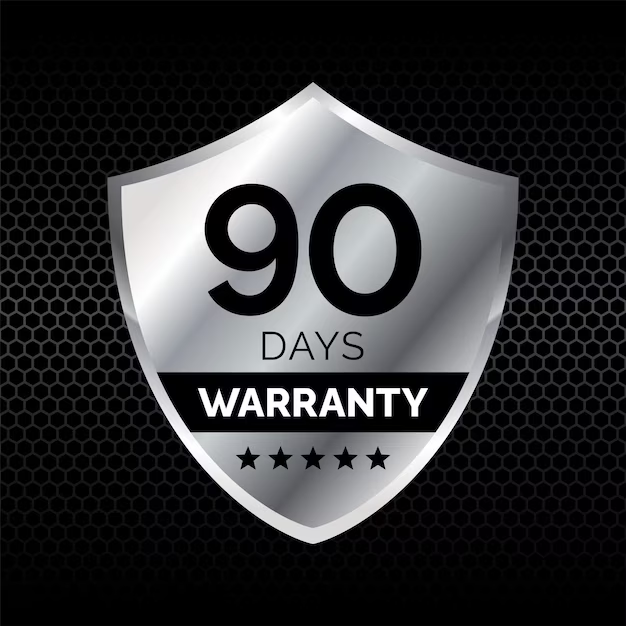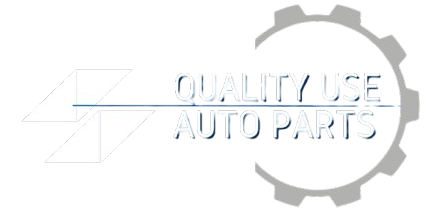Proper maintenance is the key to keeping your vehicle running smoothly and extending its lifespan, especially when you’ve invested in used auto parts like a used engine. Whether you’ve recently purchased a used engine or are looking to keep your existing parts in top condition, following a few simple maintenance steps can make all the difference. In this blog, we’ll share effective tips on maintaining key components to ensure your car stays reliable for years to come, along with five tricks to keep your used engine running like new.
1. How to Maintain Key Components to Extend Your Car’s Life
Maintaining the essential parts of your vehicle will not only improve its performance but also increase its longevity. Here are some key components to focus on and how to keep them in good shape:
A. Engine Maintenance
- Regular Oil Changes
Keeping your engine lubricated is crucial for its performance. Over time, oil breaks down and becomes less effective at reducing friction and protecting the engine from wear. Regularly changing the oil and using the right oil type for your engine is vital, especially for a used engine. Aim for an oil change every 3,000 to 5,000 miles, depending on your vehicle and driving conditions. - Air Filter Replacement
A clogged air filter restricts airflow to the engine, causing it to work harder and less efficiently. Replace the air filter regularly (every 12,000 to 15,000 miles) to ensure proper engine performance. - Coolant System Checks
The cooling system helps prevent the engine from overheating. Periodically check coolant levels and inspect hoses for cracks. Flush and refill the coolant system as recommended in your car’s manual to avoid engine damage due to overheating.
B. Transmission Care
- Transmission Fluid Level Check
Low or dirty transmission fluid can cause shifting problems and increase wear on the transmission. Regularly check fluid levels and change the fluid at the recommended intervals to keep your transmission running smoothly. - Avoiding Overloading
Overloading your car can put extra strain on the transmission, especially when carrying heavy loads or towing. Be mindful of your car’s weight capacity to reduce unnecessary wear.
C. Brake Maintenance
- Brake Pads and Rotors
Worn brake pads can damage the rotors, leading to costly repairs. Inspect your brake pads and rotors regularly, and replace them as needed to ensure safe braking performance. - Brake Fluid
Low brake fluid can lead to poor braking performance and increased wear on the brake components. Check brake fluid levels and top them off regularly to maintain braking efficiency.
D. Battery and Electrical System
- Check Battery Condition
Your car’s battery is essential for starting the engine and powering electrical systems. Regularly check the battery terminals for corrosion and clean them if necessary. Test the battery’s charge and replace it when it shows signs of wear. - Inspect Electrical Connections
Loose or corroded electrical connections can cause issues with your vehicle’s systems, from lights to the ignition. Ensure all connections are secure and free of corrosion.
2. 5 Simple Tricks to Keep Your Used Engine Running Like New
When you’ve invested in a used engine, proper care and attention are crucial to get the most out of your purchase. Here are five simple tricks to help keep your used engine running like new:
A. Regular Oil Changes
One of the easiest and most important things you can do for your engine’s health is change the oil regularly. Used engines may have higher wear on internal parts, so keeping fresh, high-quality oil in the engine will reduce friction and improve overall performance. Always use the oil type recommended for your specific engine.
B. Use High-Quality Engine Parts
When replacing components in a used engine, opt for high-quality parts to ensure longevity. Cheap or low-quality parts can lead to more frequent failures and additional repair costs. Choose OEM (original equipment manufacturer) parts or high-quality aftermarket options to maintain the engine’s integrity.
C. Avoid Overheating
Overheating can severely damage a used engine, so it’s essential to keep the engine cool. Ensure the cooling system is functioning properly by regularly checking the coolant levels, inspecting hoses, and maintaining the radiator. Avoid heavy driving during extreme temperatures and allow the engine to cool down between long trips to avoid unnecessary strain.
D. Perform Regular Diagnostic Checks
Running diagnostic tests on your used engine is an excellent way to spot potential issues before they become major problems. Use an OBD-II scanner to check for any error codes or irregularities, and address issues promptly to avoid further damage. Regular diagnostics will keep the engine in good working order and prevent unexpected breakdowns.
E. Maintain Proper Driving Habits
How you drive your car can affect the lifespan of your used engine. Avoid sudden acceleration, harsh braking, and prolonged idling, as these habits can place unnecessary stress on the engine. Smooth, consistent driving helps reduce strain and extends the engine’s longevity. Additionally, try to avoid driving at high speeds for extended periods, as this can overheat the engine.
3. Frequently Asked Questions (FAQ)
1. How Often Should I Change the Oil in a Used Engine?
- For a used engine, it’s recommended to change the oil every 3,000 to 5,000 miles or as specified by your engine’s manufacturer. Regular oil changes will keep the engine running smoothly and prevent premature wear.
2. Can I Drive My Car Without Regular Maintenance?
- While you may be able to drive without regular maintenance for a short time, neglecting key components like the engine, brakes, and transmission can lead to costly repairs and reduce your car’s lifespan. Regular maintenance ensures your car operates efficiently and safely.
3. How Can I Tell If My Used Engine Is in Good Condition?
- To assess the condition of your used engine, check for leaks, listen for unusual noises, and monitor the engine’s performance. It’s also important to have a mechanic perform a compression test to check the engine’s health.
4. What Are the Signs of a Failing Engine?
- Common signs of a failing engine include knocking sounds, reduced performance, excessive smoke from the exhaust, and frequent overheating. If you notice any of these symptoms, it’s essential to have your engine inspected as soon as possible.
5. How Can I Improve My Used Engine’s Performance?
- Regular oil changes, keeping the engine cool, using high-quality parts, and driving smoothly will all help improve the performance and longevity of your used engine. Keeping up with these maintenance practices can make a significant difference in how the engine runs.
Conclusion
Taking care of your car’s key components is essential for extending its lifespan, especially when you’ve invested in a used engine. By following simple maintenance tricks and being proactive with your vehicle’s upkeep, you can ensure that your used engine continues to run like new for years to come. At Quality Use Auto Parts (QUAP), we offer high-quality used engines and auto parts that will keep your vehicle in excellent condition without breaking the bank.


